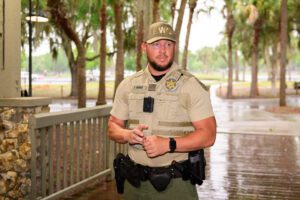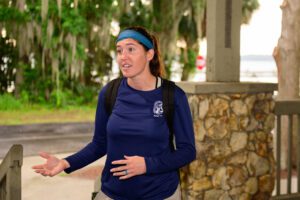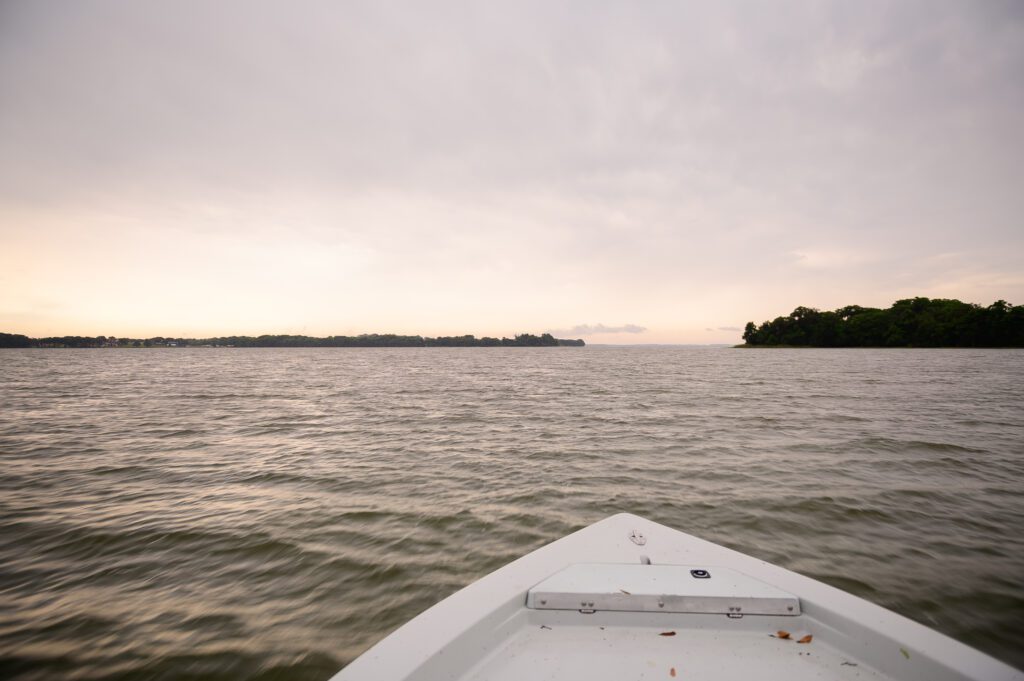National Safe Boating Week kicks off Saturday
LITTLE LAKE HARRIS, Fla.—The unofficial start to summer is upon us and the Florida Fish and Wildlife Conservation Commission (FWC) is reminding boaters to stay safe during National Safe Boating Week that begins Saturday.
Inside Lake had the opportunity to speak with FWC’s Kristen Turner and Chad Weber, along with Hunter Bland of the National Safe Boating Council Friday about staying safe on the waterways. Florida is the “Boating Capital of the World,” with more than 1 million vessels registered in the state, according to FWC.
Florida does have some requirements for boating but common sense and taking simple precautions can prevent a tragedy. A boating safety course is required for anyone born after Jan. 1, 1988; classes are available in classroom setting and also online, FWC-approved courses can be found here.
All vessels are required to have personal flotation device (PFD) for each person onboard and FWC encourages everyone to wear it at all times. In an emergency situation, people often won’t have time to put on a PFD. This reporter and Inside Lake Photographer Bonnie Whicher were required to wear a PFD during a ride-along Friday. The weather cut the ride-along short, but Weber used that opportunity to educate the Inside Lake staff on how to handle changing weather conditions.

“You need to know where you are at. (Bad weather) is one of the hidden dangers (people) overlook,” Weber said. “The best thing to do is get out of the water.”
Bland said often homeowners will let a vessel stay at their dock to ride out a storm and he’s even known people to invite boaters in their home to ride it out.
“There are good people out there,” Bland said.
Filing a “float plan can also save your life, Turner told Inside Lake. Though not required, a float plan is letting someone know where you are going and what time you expect to be back. The United States Coast Guard provides a fillable PDF float plan and suggests you provide it to a reliable person, along with a photo of the vessel. While the information would be extremely helpful in an emergency, Bland stressed that something as simple as a text message letting someone know your plans, would suffice.

Weber also suggested other things to have onboard, such as rain jackets, a cooler with water and a first aid kit; tools and extra fuses can also come in handy, Bland added.
For more boating information from FWC, visit https://myfwc.com/boating/

National Safe Boating Week kicks off Saturday Read More »

